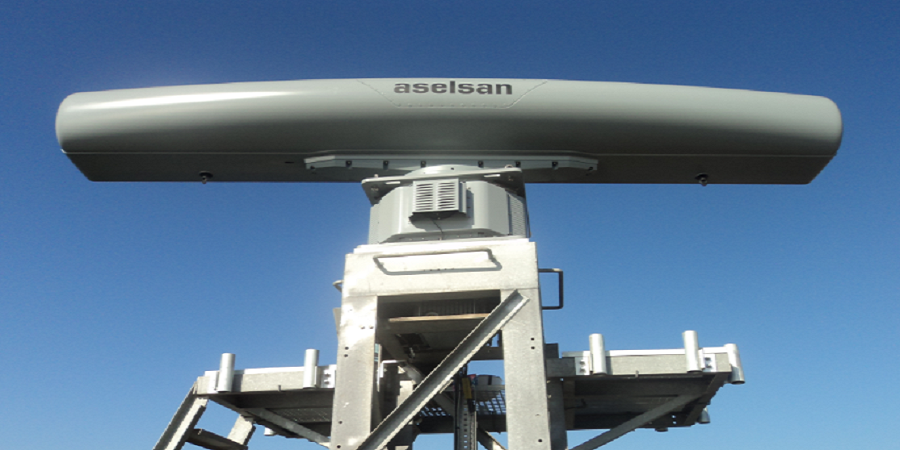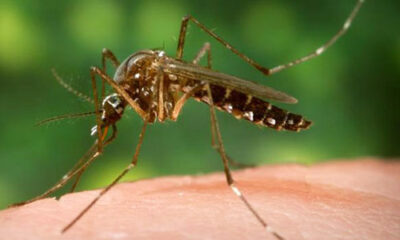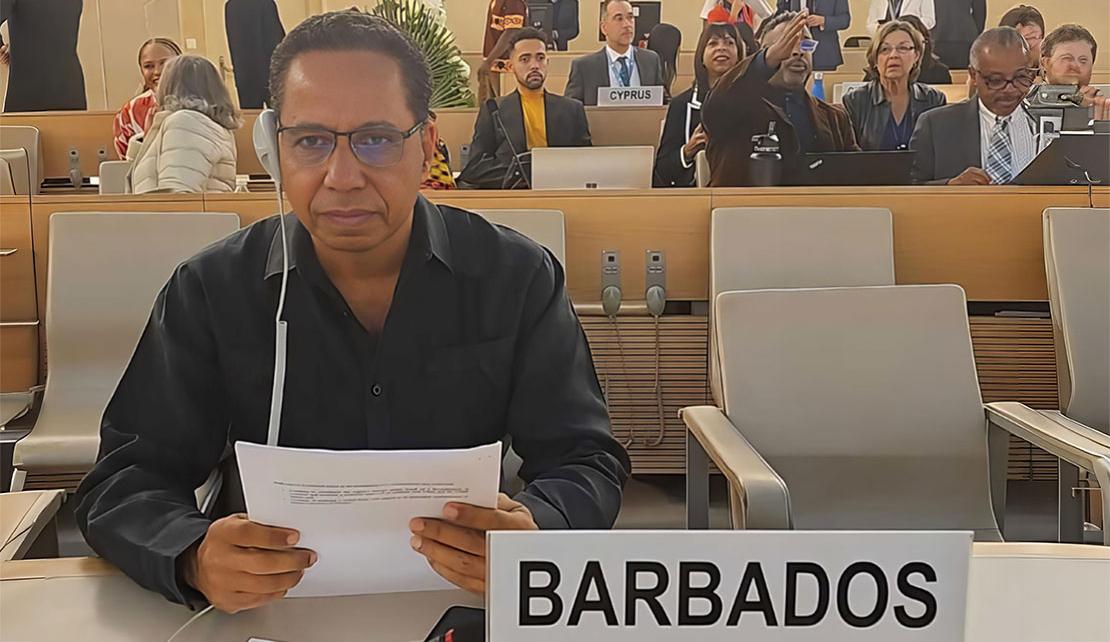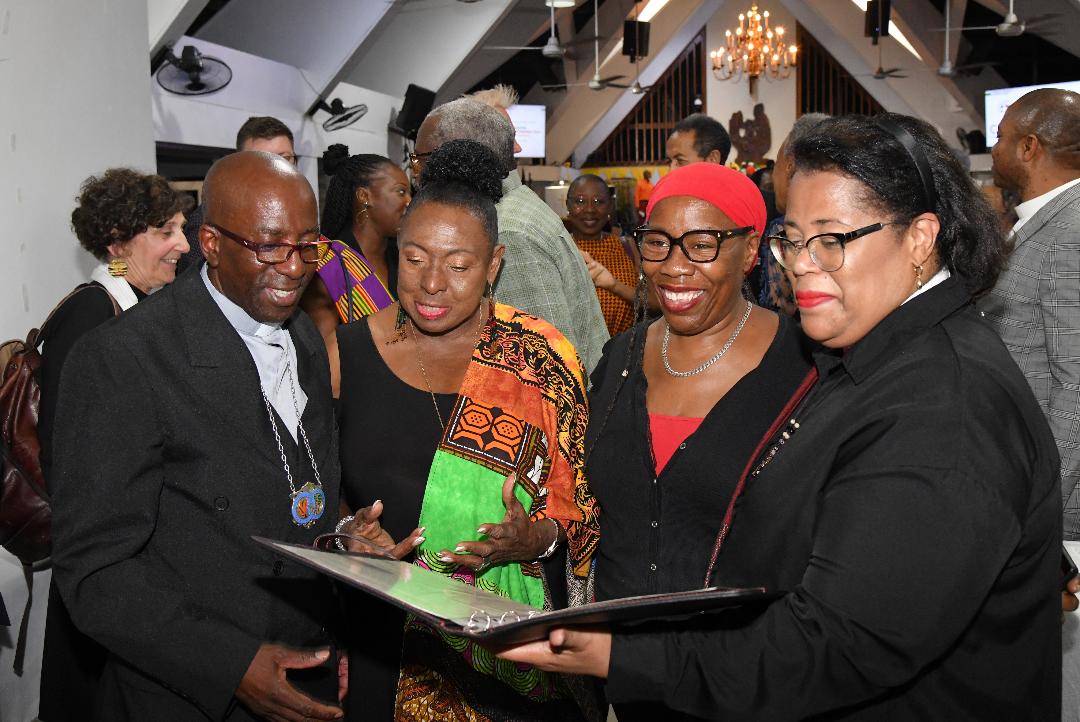#Jamaica, March 30, 2018 – Kingston – The Government has invested $11 billion to improve border security, as part of its crime reduction strategy. This was disclosed by Prime Minister, the Most Hon. Andrew Holness, at the Caribbean Basin Coastal Surveillance and Maritime Summit, held at The Jamaica Pegasus hotel on March 28.
“In the next phase of our investment in our security, we will continue to build out our capacities to secure Jamaica’s borders, in terms of carrying out searches and rescue operations and to monitor, in particular, the island’s fishing resources, which will be enhanced by the purchase of a coastal radar system,” Prime Minister Holness said.
In 2017, the Ministry of National Security acquired two ships, valued at US$26.4 million, for the Jamaica Defence Force Coast Guard, while a surveillance plane was purchased at a cost of US$16.9 million. Mr. Holness informed that the utilisation of technology is a key component of his Administration’s investment in enhanced border security measures.
“For example, the use of scanners and other electronic devices to inspect cargo at our ports of entry is elevating our border security to control operations, to world class standards,” he noted.

Mr. Holness highlighted that the Automated System for Customs Data (ASYCUDA) introduced by the Jamaica Customs, and the port security system are also examples of leveraging technology to improve border security. However, the Prime Minister also pointed out that technologies are being used to undermine security in a variety of ways, adding that such security breaches have the potential to do considerable harm to the safety and security of the society.
The Prime Minister emphasised that the necessary measures must be put in place to protect against these acts. “The threat of cyberattacks in the Caribbean is increasing and is indeed a reality for our security and safety,” Mr. Holness said.
Turning to other matters, Mr. Holness cited the need to adequately respond to the frequency of natural disasters.
“We emphasise, in this region, weather-related events, hurricanes in particular, but we should also be prepared for earthquakes. There is growing legitimate concerns that coordination needs to be rapidly enhanced in order to better respond to events of the magnitude that have ravaged countries in the region,” he said.
The Prime Minister noted that these events have political, economic and socially destabilising consequences. He pointed out that effective and efficient deployment of humanitarian assistance and disaster relief also contribute to regional security.
“Optimal response solutions will require leveraging the capacity of all countries to enable better preparation, clearer communication and speedier and more appropriate types of response during these threats of disasters,” the Prime Minister said.

He noted that relief from external armies is now highly varied, as they also have to contend with the effects of natural disasters in their own countries.
“So, it is incumbent upon us as a region to utilise our resources to enhance our security-related responses,” Mr. Holness said.
The Caribbean Basin Coastal Surveillance and Maritime Security Summit is dedicated to promoting security cooperation in the Caribbean region. It is being hosted by the Jamaica Defence Force.
The three-day summit will cover topics such as: The Treaty of San Jose; Combating transnational organised criminal networks; Facilitating regional and hemispheric security cooperation; CARICOM Crime and Security Strategy; Protecting national Exclusive Economic Zones (EEZ) Collective approaches to cybersecurity; Interdiction of narcotics flowing through the region; Establishment and modernisation of Coast Guard forces; and Enhancing regional training and security cooperation.
Release: JIS


 News1 day ago
News1 day ago
 Health1 week ago
Health1 week ago
 Caribbean News3 days ago
Caribbean News3 days ago
 Caribbean News6 days ago
Caribbean News6 days ago
 Health1 week ago
Health1 week ago
 Caribbean News6 days ago
Caribbean News6 days ago
 Bahamas News4 days ago
Bahamas News4 days ago
 Caribbean News1 week ago
Caribbean News1 week ago









